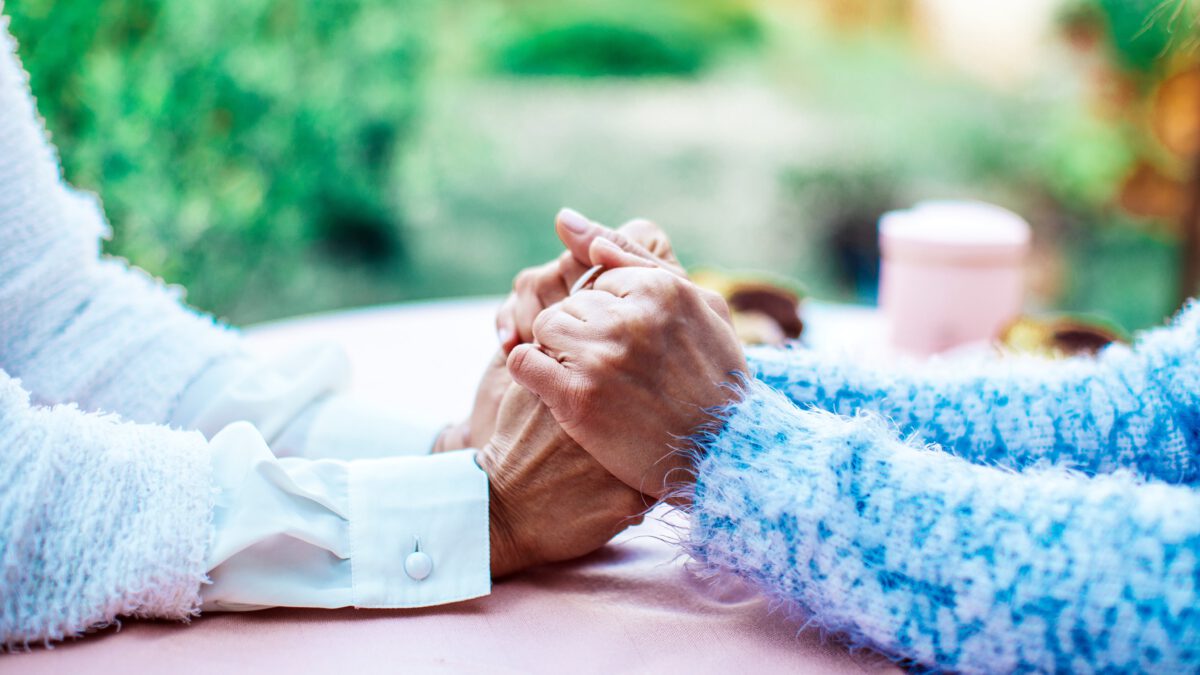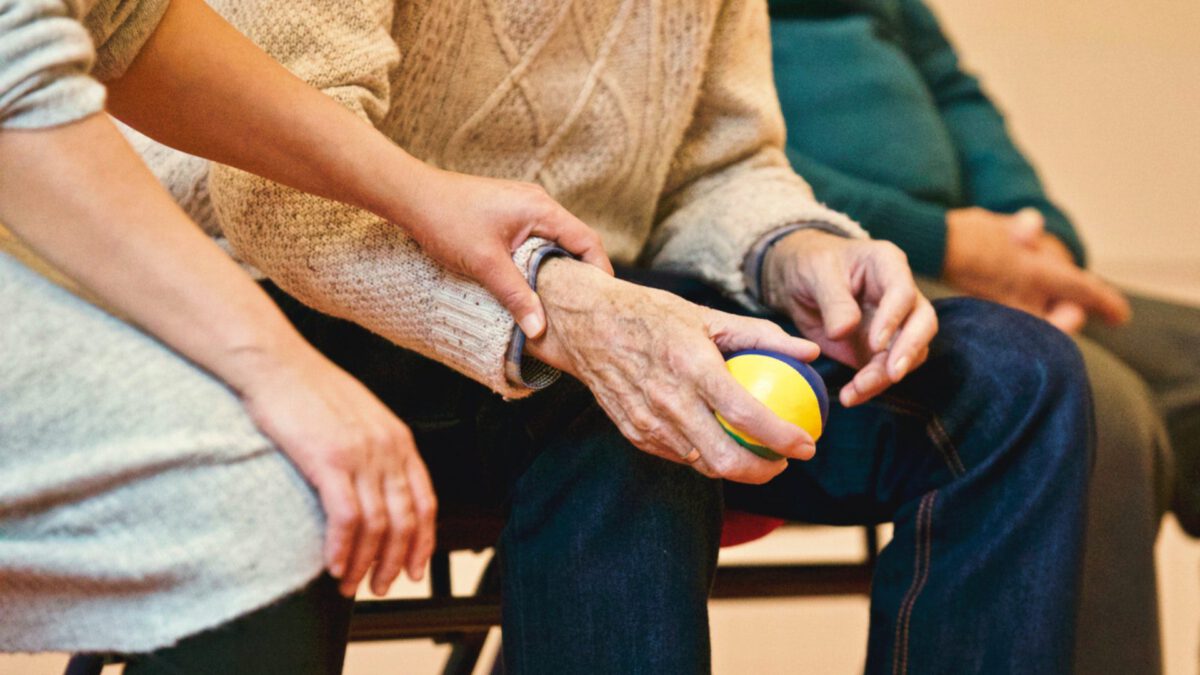Sunday Self Care with David Bass
By David BassMarch 31, 2020
You may be interested in:

Articles
Creating Your Own Self-Care Kit
It is no secret that self-care can have many benefits to our mental, physical and emotional health. According to research, practicing self-care can decrease stress, improve well-being, lower mortality, increase relaxation responses and decrease healthcare costs. While it can often be challenging to find the time to practice self-care, it is important for us to plan for and look for ways to integrate it when possible.

Videos
Preventing Caregiver Burnout: Creating Your Self-Care Plan
It is essential to understand how stress leads to compassion fatigue and possibly burnout, and that health and well-being through self-care is a vital solution. In this webinar, Courage to Caregivers reviews the components of stress and self-care: (1) what exactly is self-care, (2) what is well-being, (3) understanding stress and its effects; (4) how to plan, prioritize and make time for self-care, and (5) busting the myth that self-care is selfish.

Articles
Balancing Your Caregiving: Prioritizing Self-Care While Supporting Your Loved One
Caregiving is an inherently demanding role because it involves caring for two individuals: not only the person you provide care for, but also yourself. This dual responsibility makes the role uniquely challenging, requiring you to balance the needs of your loved one with your own well-being. When you introduce family dynamics into this equation, the...

Articles
Self-Esteem Boosting Tips for Older Adults
Self-esteem is a person’s evaluation of their own worth. Simply put, it is what someone thinks of themself, whether positive or negative. Our concept of self-esteem begins in early childhood and is formed by the image we build for ourselves through experiences with people and different situations. The things we experience as a child initially form a foundation in shaping our self-esteem. Successes; failures; and how we are treated by members of our families, teachers, religious authorities, friends, etc., contribute to a basic sense of self.

Articles
Protecting A Loved One From Self-Neglect
It can be challenging to ensure the needs of an older family member, or a loved one living with a disability are met. It can be especially difficult if they are living alone or cannot care for themselves because of physical or cognitive declines, such as dementia. In some cases, a loved one’s health condition or social isolation can put them at risk to self-neglect.

Articles
How to Provide Care for a Loved One with Mesothelioma
It’s never easy navigating through a loved one’s hardships, especially in situations where you feel powerless. Fortunately, there are things that you can do to help support your loved one through hard times and provide much needed assurance—even when the hard time in question involves something as serious as a cancer diagnosis.

Articles
Tips for Communicating with Health Care Professionals as a Caregiver
Caregivers for older adults often find themselves needing to play a key role as a communicator and decision-maker during their loved one’s health appointments. However, this role can often be challenging, especially when we are unfamiliar with medical terms, or feel like we shouldn’t burden health care professionals with questions they’ve probably answered a hundred times before.

Articles
Understanding the Role of a Geriatric Care Manager in Elder Care
Those of us who provide care for a loved one have probably heard the term “Geriatric Care Manager” on a regular basis. However, even though the phrase is a familiar one, we may not know exactly what one is since it’s a relatively new profession in the field of eldercare. A geriatric care manager is a licensed professional, often a nursing or social work specialist, with expertise in geriatrics. Families hire them to evaluate their loved one's needs and coordinate care using community resources. This profession proves particularly valuable when families live far away or are unable to manage all caregiving responsibilities themselves. Geriatric care managers can act as "professional relatives" supporting the family.







